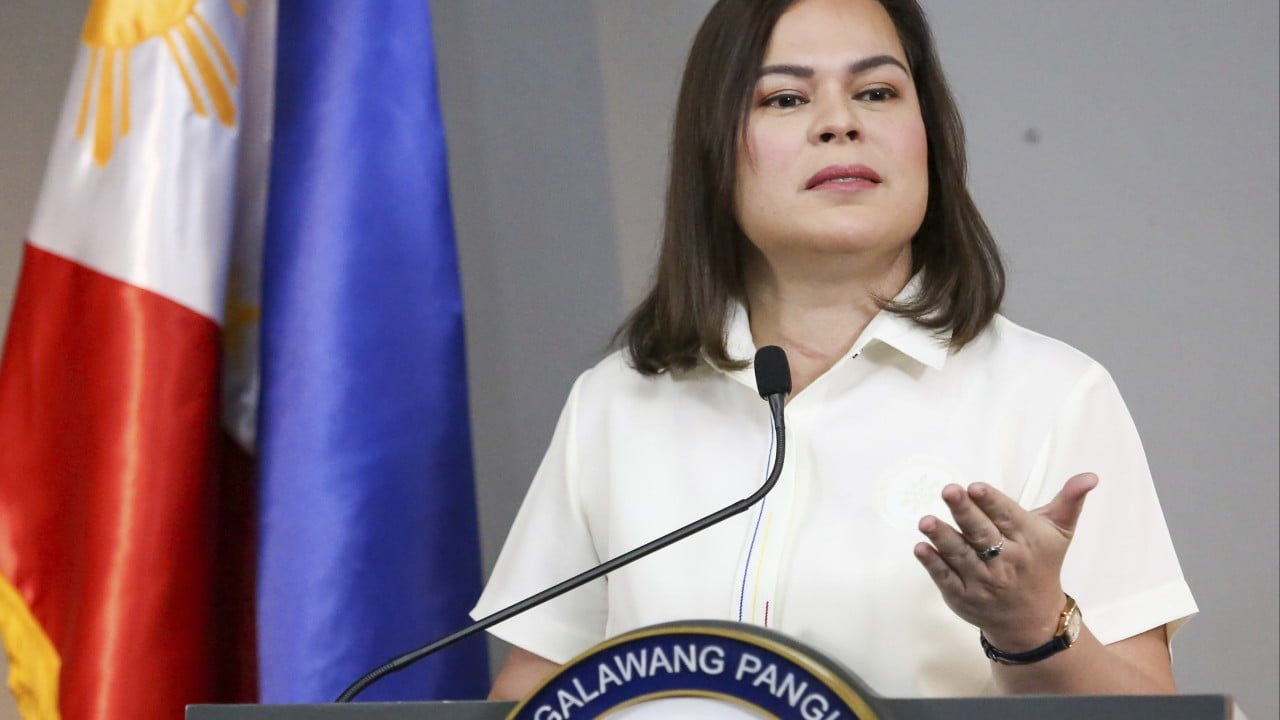With Philippine President Ferdinand Marcos Jnr about halfway through his six-year term, questions are growing over whether his successor will uphold his firmer stance on the South China Sea or, as one senior official has warned, retreat to the symbolic “jet ski” posturing and softer policies seen under his predecessor, Rodrigo Duterte.
Advertisement
Last month’s midterm elections delivered a split Senate, with Marcos-aligned candidates winning five of the 12 contested seats and Duterte allies clinching the other five – highlighting the deepening rivalry between the two dominant political clans and setting the stage for a contentious 2028 presidential election.
The remaining two seats were won by opposition candidates not aligned with either Marcos or Duterte.
Commodore Jay Tarriela, the Philippine Coast Guard’s spokesman for the West Philippine Sea, warned over the weekend that Manila must guard against electing a leader in 2028 who would once again “ride a jet ski” on empty promises rather than assert the country’s sovereign rights.
Speaking at a public forum last week, Tarriela credited the Marcos administration with restoring public confidence in the country’s claims to the West Philippine Sea – the term Manila uses for the portion of the South China Sea within its exclusive economic zone. He urged vigilance to ensure that momentum is not lost after Marcos leaves office.

“What if it’s 2028 already? It’s the end of President Marcos Jnr’s term. How can we assure that our fight in the West Philippine Sea will continue?” Tarriela asked.

